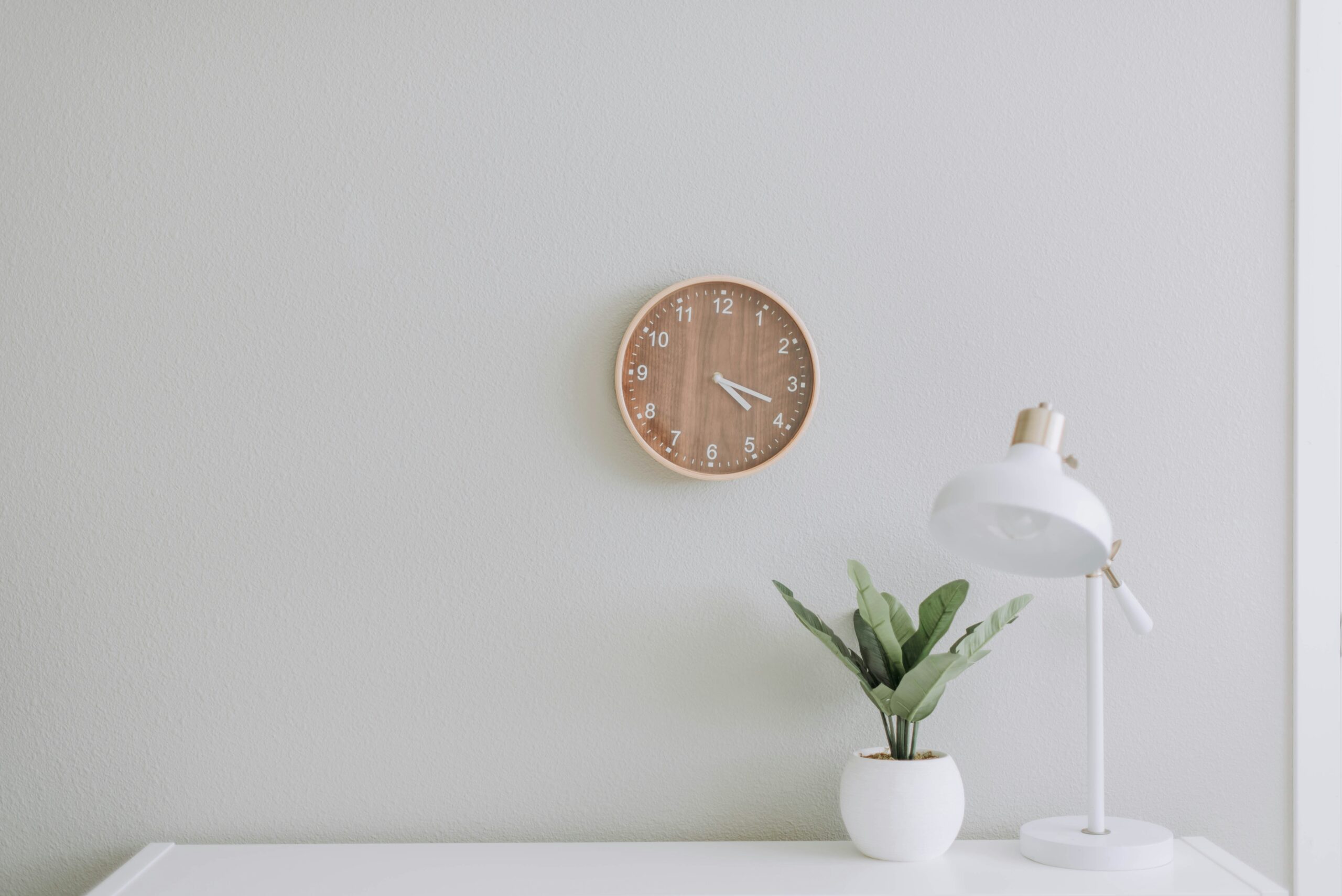As we strive to organize our lives and spaces, it’s important to do so in ways that respect the planet. Traditional decluttering and planning methods often lead to waste—from throwing out unwanted items to using disposable products. But what if you could bring order to your life while also making environmentally conscious choices? Eco-friendly organization is about creating systems that not only simplify your space but also align with sustainable values. Here are practical, planet-friendly tips to help you declutter and plan responsibly.
1. Declutter Mindfully
Decluttering is the first step to creating a more organized space, but it’s essential to do it mindfully. Instead of discarding items without thought, sort your belongings into categories: donate, recycle, repurpose, or keep. Avoid sending unnecessary items to landfills by finding new homes for them.
Sustainable Tip: Donate clothes, books, and household items to local charities or secondhand shops. For items that can’t be donated, research local recycling programs or upcycling options.
2. Embrace the “One In, One Out” Rule
To prevent future clutter, adopt the “one in, one out” rule: for every new item you bring into your home, remove one that you no longer use or need. This practice helps you stay mindful of your purchases and ensures your space remains balanced and intentional.
Eco-Friendly Focus: When purchasing new items, prioritize high-quality, durable products that are designed to last. Look for brands that prioritize sustainable materials and ethical practices.
3. Opt for Reusable and Sustainable Tools
From planning to organizing, many traditional tools are disposable and contribute to waste. Switch to reusable, eco-friendly alternatives that align with your organizational goals.
Ideas for Sustainable Tools:
- Use a Minimal Planner made with recycled paper or sustainably sourced materials.
- Replace single-use sticky notes with a dry-erase board or reusable notebook.
- Choose a desk organizer made from eco-friendly materials like bamboo or recycled plastic.
4. Organize with Repurposed Items
Before buying new organizational tools, look around your home for items that can be repurposed. Glass jars, old boxes, and baskets can make excellent storage solutions without the need for new purchases.
DIY Idea: Use mason jars to store pens, paperclips, or other small office supplies. Decorate them with recycled fabric or twine for a personal touch.
5. Plan Your Week with Intention
Mindful planning doesn’t just benefit your schedule—it also reduces waste. Digital calendars can minimize paper use, but if you prefer handwritten planning, opt for eco-friendly options like planners printed on recycled paper or refillable notebooks.
Sustainable Practice: Combine digital and paper planning. Use a physical planner for reflection and goal setting, while scheduling appointments and reminders digitally to reduce waste.
6. Go Paperless Where Possible
While paper planners can be sustainable, going paperless for certain tasks can further reduce your environmental impact. Explore apps for note-taking, task management, and file organization to minimize physical clutter and paper use.
Tip: Scan important documents and store them digitally in organized folders. Shred and recycle unnecessary paperwork to declutter responsibly.
7. Buy Less, Choose Well
One of the simplest ways to live sustainably is to adopt a minimalist mindset. Avoid buying unnecessary items, and focus on choosing high-quality, eco-friendly products that align with your needs and values. By being intentional with your purchases, you reduce waste and create a more mindful environment.
Mindful Shopping: When buying planners or organizational tools, look for certifications like FSC (Forest Stewardship Council) or brands committed to sustainable practices.
8. Reduce Packaging Waste
Many organizational products come with excessive packaging, much of which is non-recyclable. When shopping, choose items with minimal or recyclable packaging, or support brands that use sustainable materials.
Pro Tip: Bulk-buy items like pens or notebooks to reduce packaging waste over time, and recycle the packaging whenever possible.
9. Practice Zero-Waste Planning
Incorporating zero-waste principles into your planning routine can make a big difference. Use refillable pens, avoid plastic-coated paper products, and recycle old planners or notebooks responsibly.
Sustainable Swaps:
- Invest in refillable or compostable pens.
- Choose planners with covers made from recycled fabric or cork instead of plastic.
- Repurpose old planner pages as scrap paper.
10. Reflect and Evolve
Eco-friendly organization is a journey, not a destination. Regularly reflect on your habits and look for ways to improve. Are there more sustainable alternatives you could adopt? Could you repurpose items instead of buying new ones? By staying open to change, you continue to align your organization practices with your environmental values.
Reflection Tip: Use a journal to track your progress. Celebrate the small steps you’ve taken toward sustainability, and brainstorm new ways to reduce waste.
Why Eco-Friendly Organization Matters
Choosing sustainable ways to declutter and plan isn’t just about reducing waste—it’s about creating a lifestyle that reflects mindfulness, responsibility, and care for the planet. By making intentional choices, you can simplify your life while contributing to a healthier environment.
So, as you organize your space and plan your days, remember that even small changes add up. Whether it’s choosing a recycled planner, repurposing storage items, or donating unused belongings, your efforts make a difference. Let your organization journey be a reflection of your values—a thoughtful balance of order, productivity, and sustainability.
